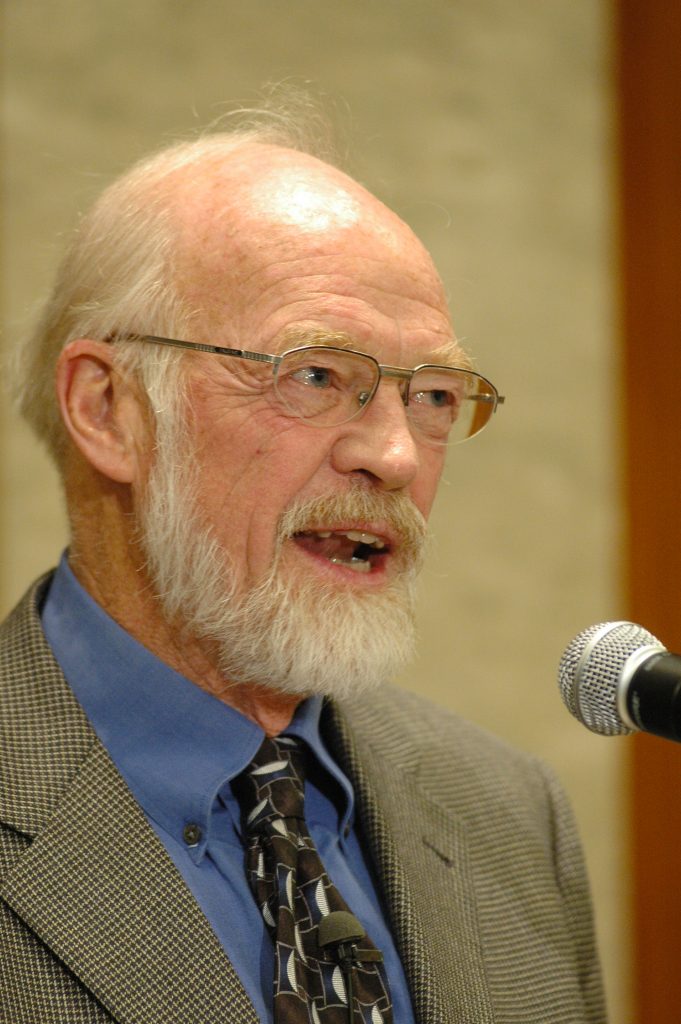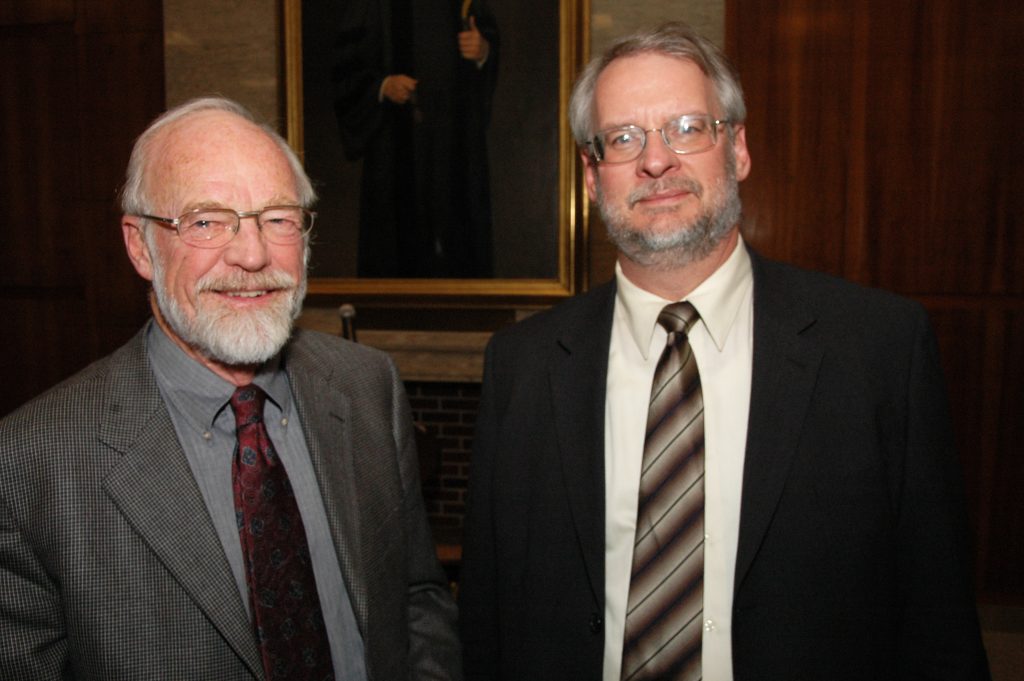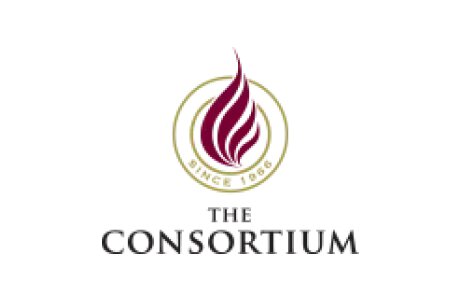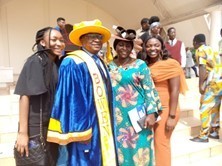Passing of STB Alumnus and Former Faculty Rev. Dr. Eugene H. Peterson
Dear friends,
It is with great sadness that we received word today of the passing of Eugene H. Peterson (STB, 1957). To his beloved wife, Jan, and the other members of his family, we send our deepest sympathies. With so many others in the world who were touched by his ministry, we join together in celebrating his life and accomplishments.

Eugene H. Peterson arrived at The Biblical Seminary in New York (our previous name) in the fall of 1954. He graduated with the STB three years later and went on to Johns Hopkins University where he earned an MA in Semitic languages. He returned to New York in 1959 and joined the faculty of Biblical Seminary in the area of biblical studies as an Assistant Professor for three years before moving to Bel Air, Maryland, to become the founding pastor of Christ Our King Presbyterian Church (PCUSA) in 1962. In the opening chapters of his 2011 book The Pastor: A Memoir (HarperOne) Eugene provided several pages of reflection on the importance of his seminary experience, including his field education placement at Madison Avenue Presbyterian Church where George Arthur Buttrick was serving as Senior Pastor.
In 2006 Peterson returned to New York Theological Seminary to be a part of our annual Alumni/ae Day program. The first evening he spoke about his seminary experience and the way that it helped to shape his ministry over the years. We share here several paragraphs from that evening presentation by way of celebrating his life and memory here at NYTS.
“I want to take this occasion to reflect on the ways that my immersion in the ethos and pedagogical strategy of this school fifty years ago has played itself out in my life in ways that I could not have anticipated when I arrived here. Receive it as a kind of reporting back, after fifty years, on the way that the work of this seminary found expression in one of its students.
The seminary strategy, as you all well know, was not an abstract formula; it was basically an immersion in the biblical revelation in our mother tongue, incarnated in students and professors who composed what seems to me now in retrospect, a unique minority ethos comprising common prayer in the chapel, common meals in the refectory, and common play in the requisite volleyball game on the roof after lunch each day. And all of this taking place on a quiet side street bordering the maelstrom of noisy, jostling, harried, secular, cut-throat competitive New York City.
I had only the vaguest of ideas of why I was here, certainly no clear vocational goal. I didn’t know it at the time, but what I absorbed in my psyche and only noticed years later, matured into a conviction that the most effective strategy for change, for revolution – at least on the large scale that the kingdom of God involves – is from a minority working from the margins. I could not have articulated it then, but my seminary experience here later germinated into a vocational embrace of a Christian identity as necessarily minority, that a minority people working from the margins has the best biblical chance of being a community capable of penetrating the non-community, the mob, the depersonalized, function-defined crowd that is the sociological norm of America.”

We are grateful for his enormous contributions as a pastor, teacher, and writer. Through The Message and his many other books Eugene Peterson has had an impact on ministry in this city and throughout the world in ways we will not ever be able to fully count or appreciate. His presence at New York Theological Seminary a dozen years ago was inspiring and refreshing. To have him mix with faculty, staff, students and alumni/ae in his friendly demeanor re-framed for many their approach to ministry and leadership. He let us know early in his visit that he did not want or require the fuss and celebration we were prepared to bestow upon him. His reference to the people of God in brotherly and sisterly terms modeled for us a oneness in ministry that is inclusive of all. We are grateful for the life of Eugene H. Peterson. May God continue to bless all of his family as we continue to uphold the memory, legacy, and call of his life and work.
Download this notice as a PDF HERE.


